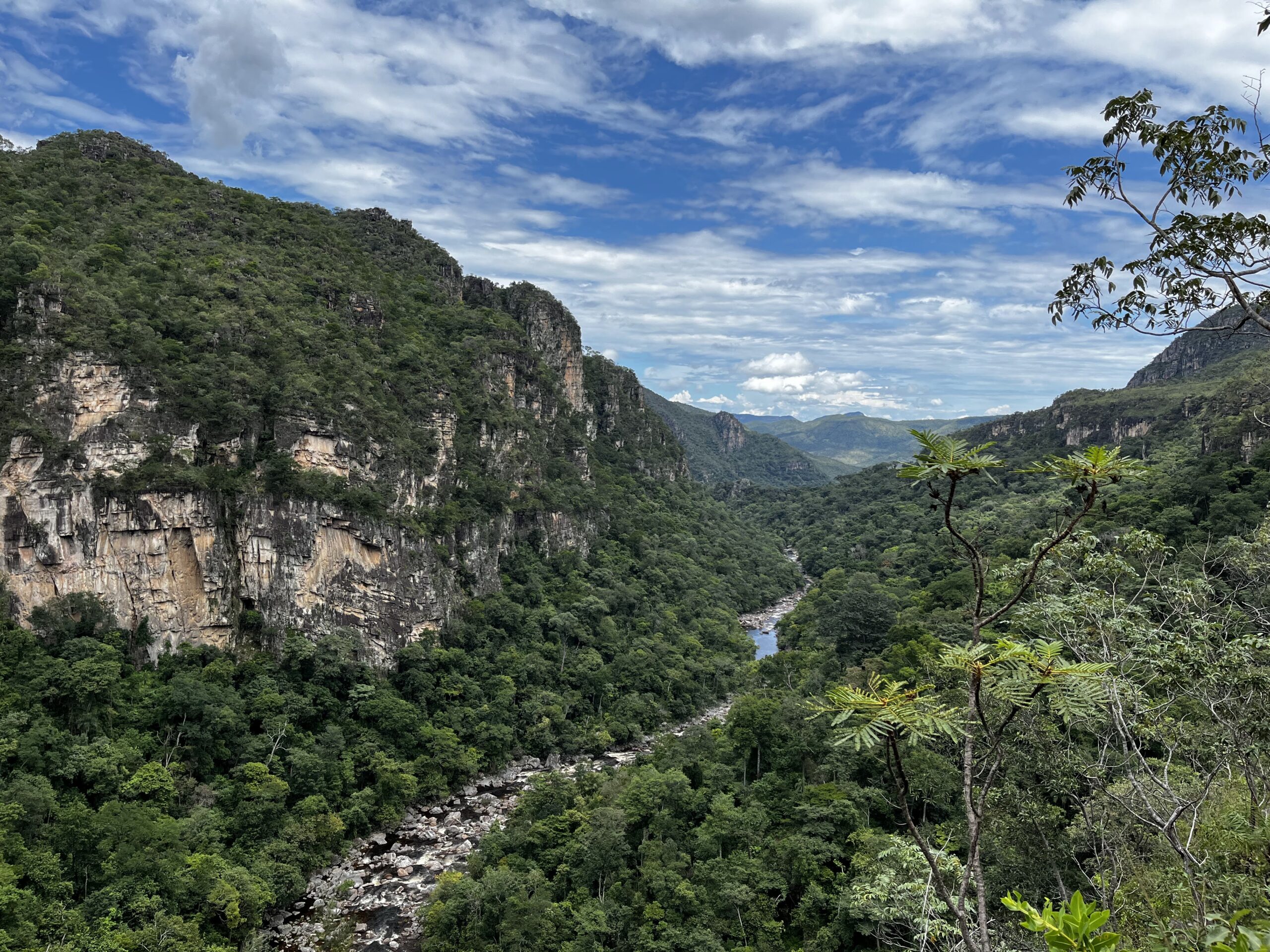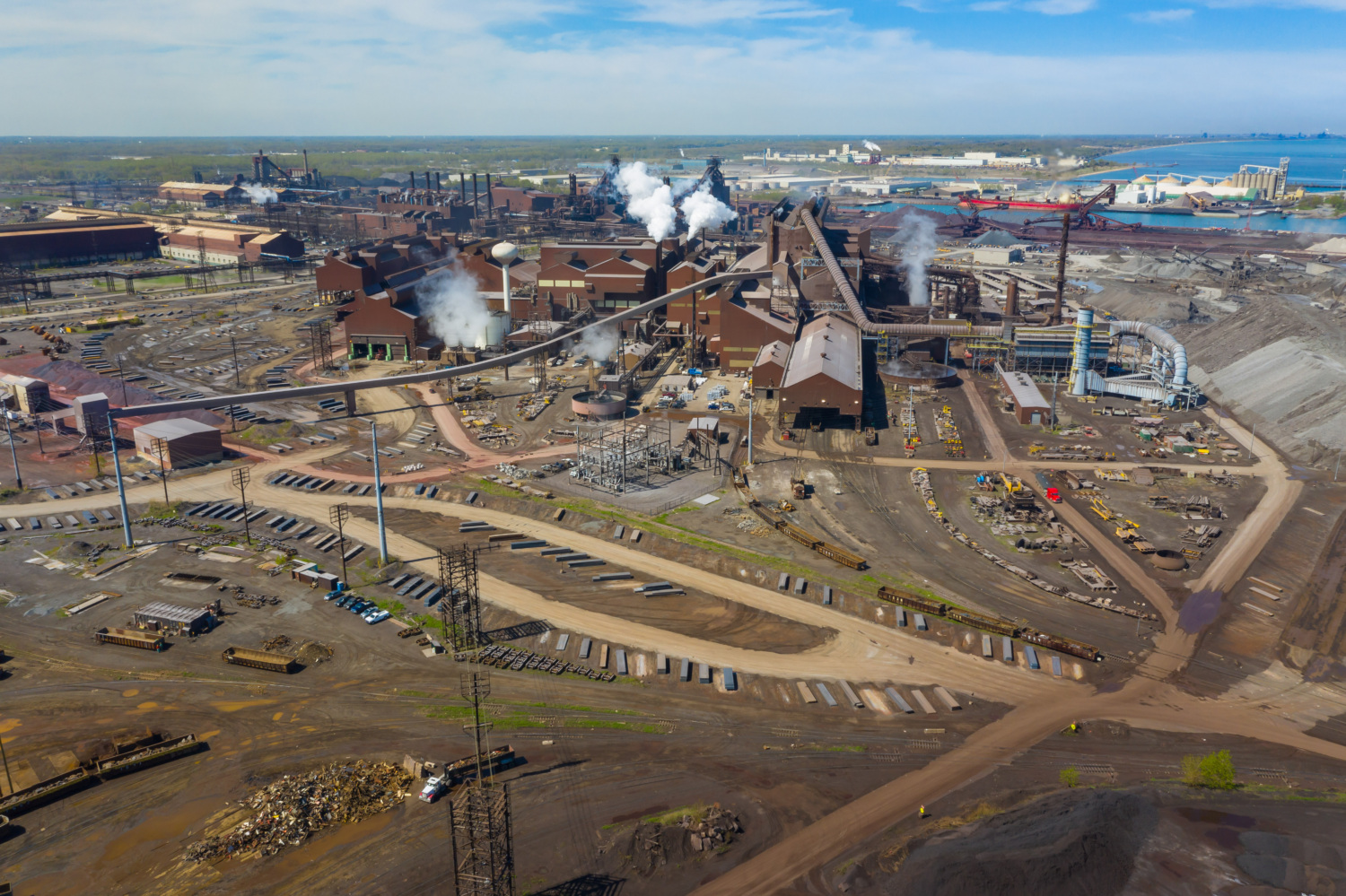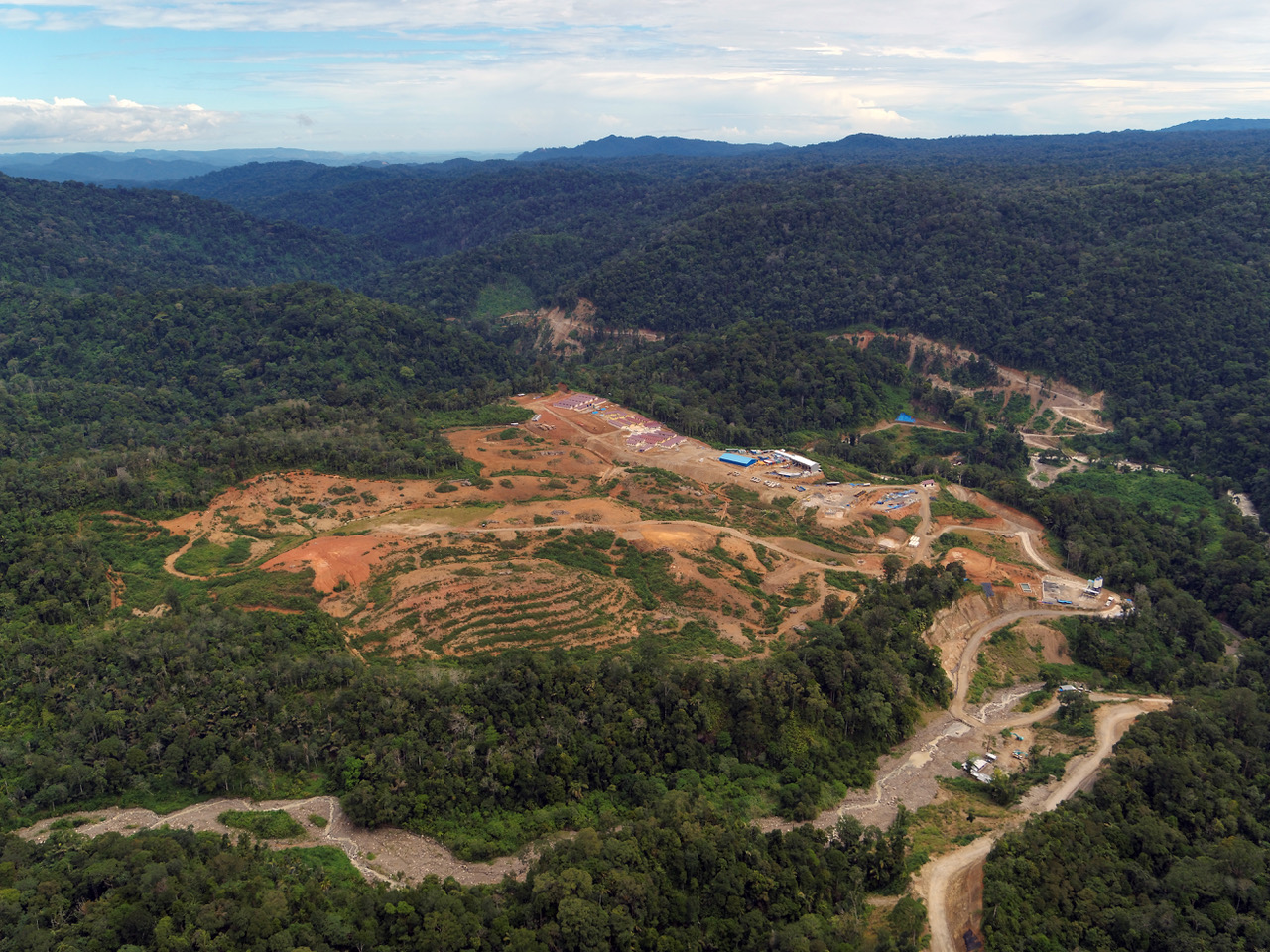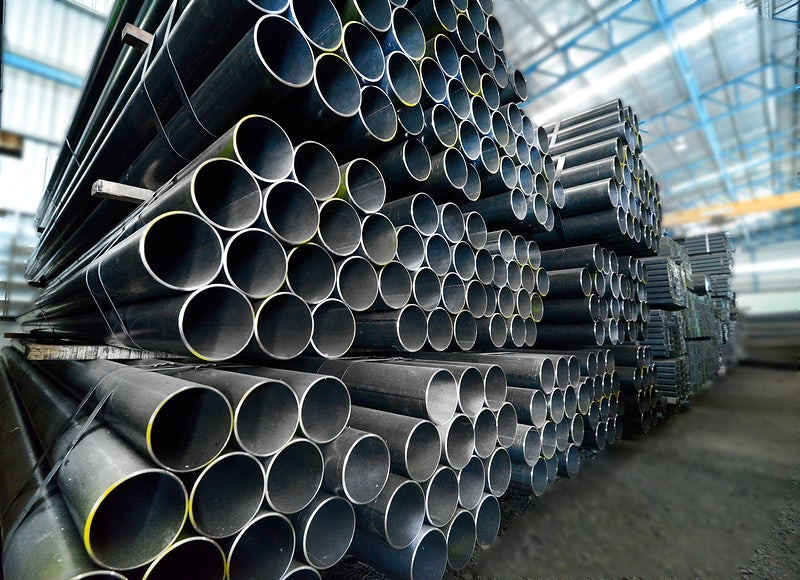
Why the new EU Deforestation Regulation (EUDR) should include an additional billion hectares of ‘Other Wooded Land’
Global CSO coalition urges the European Commission to add ‘Other wooded land’ to the EUDR to protect nearly a billion hectares of vulnerable ecosystems from destruction.
A global coalition of more than 60 civil society organizations, from Brazil to Indonesia and Ethiopia, has called on the European Commission to include nearly a billion additional hectares of threatened wooded landscapes in the EU’s flagship zero-deforestation regulation.
Groups including the ISPN network in Brazil, Satya Bumi in Indonesia, WWF, Mighty Earth, and Rainforest Foundation Norway are urging the European Commission to close a major loophole in the new EU Deforestation Regulation (known as the EUDR), which allows the continued destruction of precious wooded ecosystems currently unprotected by the new legislation – such as the highly threatened Cerrado savannah in Brazil. Soy-driven deforestation in the Cerrado recently hit record levels. The coalition warns that leaving climate-critical biomes like the Cerrado, the Chaco, and the Pantanal out of the EUDR would accelerate their destruction.
Based on the latest FAO figures, the global coalition highlight in a new report that a vast and estimated 977 million hectares of landscapes and ecosystems known as ‘Other wooded land’ (OWL) – about a quarter of the size of the world’s forests – are highly vulnerable to deforestation and destruction for commodity-driven expansion and is calling on a forthcoming official Review of the EUDR to ensure that the law is expanded to include ‘Other wooded land’ at the earliest opportunity.
The new report highlights that most of these ecosystems and biomes known as ‘Other wooded lands’ are found in Africa (some 446 million hectares), with 190 million hectares in Asia and 147 million hectares in South America.
The groundbreaking EUDR – which entered into force in June – bans the import into the European Union of seven key commodities – including beef, soy, cocoa, rubber and palm oil – if they are linked to deforestation or forest degradation. The law becomes operational at the end of 2024.
“The EUDR is a groundbreaking new zero-deforestation law, but its scope urgently needs to be expanded to include almost an extra billion hectares of ‘Other Wooded Lands’ like the Cerrado in Brazil, which is currently being ravaged by soy and cattle-driven deforestation and destruction,” says Alex Wijeratna, Senior director from Mighty Earth. “We urgently need to protect the Cerrado and the Pantanaal as much as the Amazon rainforest to help address the climate and nature emergency.”
“For us Indigenous peoples, no biome is less valuable than others, they are all equally important,” says Dinamam Tuxá, Executive Coordinator of the Articulation of Indigenous Peoples of Brazil, APIB. “We, Indigenous peoples, live in all the biomes, not only in the Amazon rainforest. So it’s important that the European zero-deforestation legislation takes into account the protection of all of our territories.”
While Brazil has managed to bring down spiralling deforestation rates in the Amazon rainforest in the first half of this year, the neighbouring Cerrado savannah has seen record levels of environmental destruction during the same period, reaching 709 Km2 in April 2023. This is its highest deforestation figure since 2018, according to official data from the Brazilian National Institute for Space Research (INPE).
According to research highlighted by the report authors Mighty Earth, Rainforest Foundation Norway, Madre Brava, Deutsche Umwelthilfe (DUH), Ecologistas en Acción, and Forests of the World, and endorsed by over 60 organizations, adding ‘Other wooded land’ to the EUDR would protect an extra 59.7 million hectares of the Cerrado, an extra 8.7 million hectares in the Chaco, and an extra 2.2 million hectares in the Pantanal ecosystems. As it is highly likely that expanding the scope of the EUDR law would have the same effect in other regions such as Africa and Asia, the coalition claims this is an essential step the EU needs to take to combat climate change and loss of global biodiversity.


